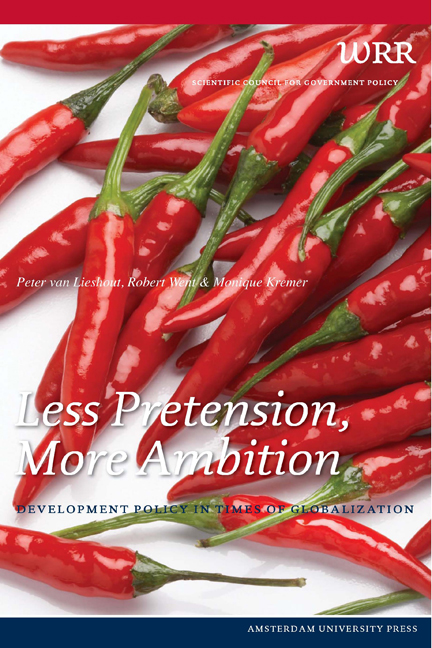Book contents
1 - Development Aid in a Changing Context
Published online by Cambridge University Press: 14 January 2021
Summary
In recent years development aid has become the subject of much discussion in the Western world. In the media, a passionate debate has developed which has addressed fundamental questions, but in which examples are happily quoted out of context and stereotypes are rife. Books on development aid have appeared in rapid succession and interviews with their authors have graced the front pages of the weekend supplements of the leading dailies. A fascinating genre has emerged. For most of the authors, the topic was clearly very loaded, as was evident by their cutting tone, their sweeping statements, the pamphlet-like undertones, the apocalyptic cover notes, the easy use of statistics and the degree to which their arguments were shot through with references to their personal lives, as if this were some guarantee that what they were saying was the ultimate truth. It would all have made a perfect topic for a thesis by a student of literature. In The End of Poverty (2005), Jeffrey Sachs invoked his wife, in Bad Samaritans (2007) Ha-Joon Chang his children, in The Trouble with Africa (2006) James Calderesi his friend, in The Bottom Billion (2007) Paul Collier his son, in The White Man's Burden (2006) William Easterly described his disillusions as a former World Bank employee, while in Dead Aid (2009) Dambisa Moyo called her parents as witnesses for the prosecution. In this way, criticism of development cooperation has itself become a million-dollar business.
It is time to thoroughly reflect on the future of development aid. Besides the tone of the debate, there are a number of fundamental reasons for doing this. After all, there have been a number of significant changes. Developing countries are not what they were sixty years ago, when development aid took its first cautious steps. Meanwhile, the nature of aid itself has also changed – under the influence of changes not only in the South but at least as much in the West. Western countries no longer automatically have the hegemonic position in the world that they held sixty years ago. Furthermore, thinking among policymakers and academics has evolved on what development is and how it can or cannot be effectively promoted.
- Type
- Chapter
- Information
- Less Pretension, More AmbitionDevelopment Policy in Times of Globalization, pp. 13 - 24Publisher: Amsterdam University PressPrint publication year: 2010



